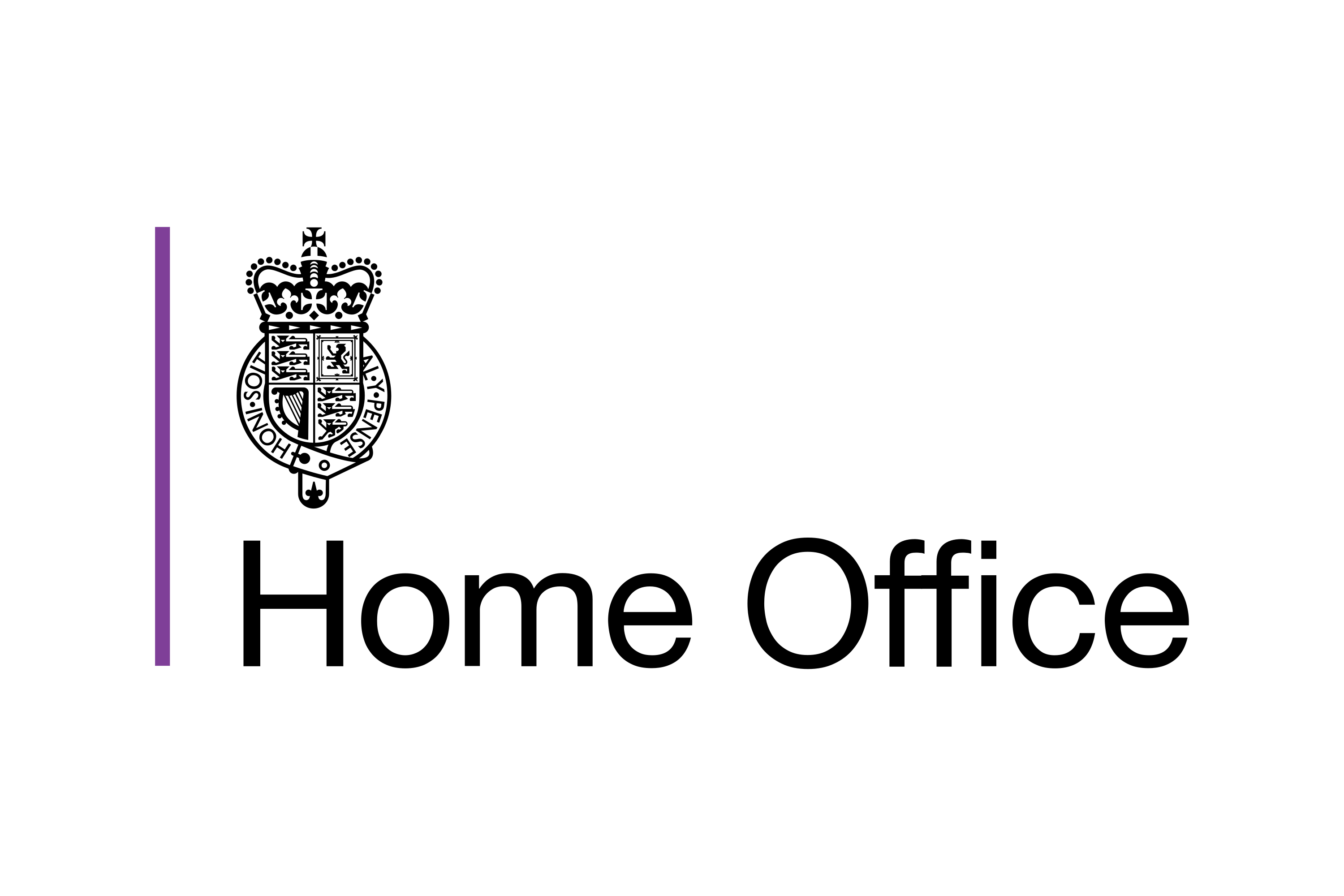Potential victims of modern slavery in the UK that come to the attention of authorised ‘first responder’ organisations are referred to the National Referral Mechanism (NRM). The NRM is the framework and mechanism for identifying and referring potential victims of modern slavery and ensuring they receive the appropriate support. A ‘first responder’ organisation is an authority that is authorised to refer a potential victim of modern slavery into the NRM. This could be local authorities, specified non-governmental organisations (NGOs), specified government agencies and police forces. Section 52 of the Modern Slavery Act 2015 stipulates that public authorities in England and Wales have a statutory duty to alert the Home Office when they come across potential victims of modern slavery.
Once an individual has been referred to the NRM, they receive decisions from the Home Office on two grounds: reasonable grounds and conclusive grounds. The potential victim’s information is reviewed and used to decide whether at the first stage, they may be believed to be a victim. This is the reasonable grounds stage. Individuals given a positive reasonable grounds decision can access support if needed (such as accommodation, subsistence, counselling and legal aid). Children are supported by Local Authorities. Following a positive reasonable grounds decision and further evidence gathering the competent authority either accepts or rejects the individual as a victim of modern slavery. This decision is made after 45 days on the balance of probabilities.
Suspected adult victims of modern slavery that do not want to enter the NRM must be notified to the Home Office via a process called DtN (‘Duty to Notify’). In this quarter, 1,307 reports of adult potential victims were received via the DtN process. This number marks the highest quarterly number since the DtN began on 1 November 2015.
In the last quarter of 2022, 4,418 potential victims of modern slavery were referred to the Home Office, indicating a 4% decrease compared to the preceding quarter (4,581) and a 33% increase from quarter 4 of 2021 (3,331). Since the NRM began in 2009, the number of referrals obtained in this quarter is the second highest. 3,453 of all referrals (78%) were sent to the Single Competent Authority (SCA) for deliberation. The remaining referrals (22%; 965) were sent to the Immigration Enforcement Competent Authority (IECA). The SCA and IECA are both competent authorities recognising victims of modern slavery for cases referred to the NRM across the UK.
Potential victims were most commonly referred for labour exploitation only. This exploitation type accounted for 31% (1,358) of all referrals. While labour exploitation was most frequently reported for adult potential victims (39%; 879), criminal exploitation was most commonly reported for child potential victims (42%; 820).
The most common nationality referred was Albanian (27%; 1,181). UK nationals accounted for the second most commonly referred nationality with 1,133 referrals (26%), recording their highest quarterly number since the NRM began.
Of the 4,548 reasonable grounds and 2,103 conclusive grounds decisions that were issued in this quarter, 85% of reasonable grounds and 84% of conclusive grounds decisions were positive. The number of conclusive grounds decisions issued in quarter 4 of 2022 is the highest since the NRM began.
Southwell and Partners specialises in advice on Modern Slavery law and representing victims and potential victims of modern slavery . Should you require any advice in relation to the same please get in touch with the firm.


